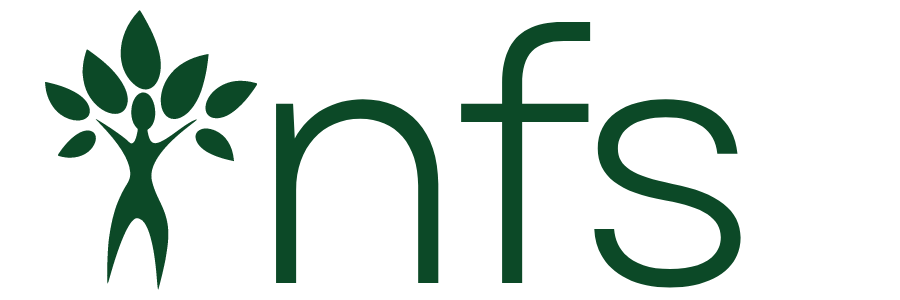A new report by the UNEP and INTERPOL has found that up to 90 per cent of tropical deforestation can be attributed to organized crime, which controls up to 30 per cent of the global timber trade. The economic value of illegal logging is estimated to be worth $30-$100 billion and makes up 10-30 percent of all timber trade. Additionally, the loss of revenue and tax income from illegally harvested wood is at worth least $10 billion per year.
International crime organizations get involved in the timber trade because they are attracted by both the profits and the low risk of being caught. For years, environmental regulators thought that illegal logging was decreasing worldwide but the criminals have simply become better at hiding their tracks. Common ploys include forging permits, hacking trade databases, bribing officials, concealing timber’s true origin, and hiding illegal timber amid legal stocks.
“The vast majority of deforestation and illegal logging takes place in the tropical forests of the Amazon, Central Africa and Southeast Asia,” the report notes. “Recent studies into the extent of illegal logging estimate that it accounts for 50–90 per cent of the volume of forestry in key producer tropical countries”
The report recognizes the importance of REDD+ projects in combating illegal logging and protecting not only forests but also the indigenous tribes and people who endangered or displaced by this activity.
